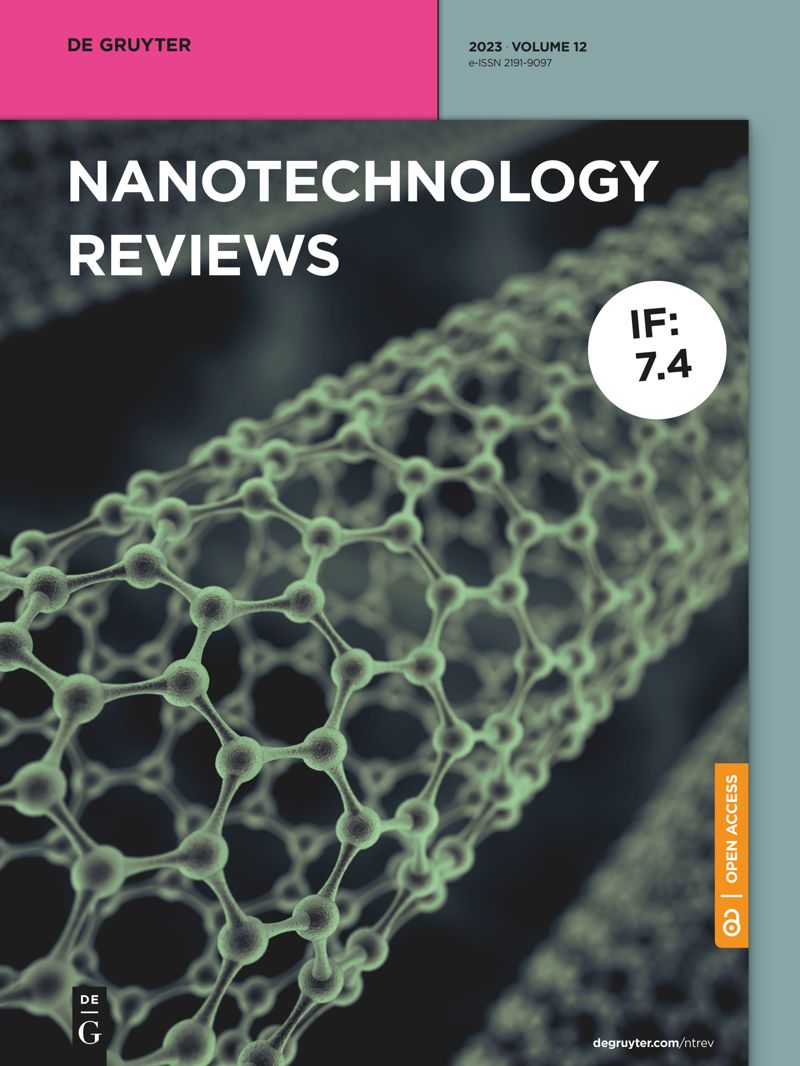纳米钇改性Cu-Al2O3/30Mo/3SiC复合材料的微观结构和电接触行为
IF 6.1
3区 材料科学
Q1 CHEMISTRY, MULTIDISCIPLINARY
引用次数: 2
摘要
摘要随着铜基复合材料在电触头材料工业领域的快速发展,铜基材料耐电弧侵蚀性差的问题越来越突出。提高铜基复合材料的抗电弧侵蚀性能是一个亟待解决的问题。在快速热压烧结炉中制备了Cu-Al2O3/30Mo/3SiC和0.5Y2O3/Cu-Al2O3/3Mo/3SiC电接触复合材料。分别用扫描电子显微镜、透射电子显微镜和X射线衍射仪对复合材料的微观结构和相结构进行了分析。复合材料在25℃时的电弧侵蚀性能 V、 DC和10-30 使用JF04C电接触测试仪对A进行了研究。在25的实验条件下,添加纳米氧化钇后,复合材料的质量损失降低了77.8%,电弧侵蚀率降低了79.6% V、 DC和30 A.同时,开关操作后复合材料的电弧能量和焊接力降低,表明纳米钇的加入提高了复合材料的抗电弧侵蚀性能。这项工作为提高铜基复合触头材料的抗电弧侵蚀性提供了一种新的方法。本文章由计算机程序翻译,如有差异,请以英文原文为准。
Microstructure and electrical contact behavior of the nano-yttria-modified Cu-Al2O3/30Mo/3SiC composite
Abstract With the rapid development of the copper-based composite in the field of electrical contact material industry, the problem of poor arc erosion resistance of the copper-based material becomes more and more prominent. Improving the arc erosion resistance of the copper-based composite is an urgent problem to be solved. Cu-Al2O3/30Mo/3SiC and 0.5Y2O3/Cu-Al2O3/30Mo/3SiC electrical contact composites were prepared in a fast-hot-pressing sintering furnace. The microstructure and phase structure of the composites were analyzed by using a scanning electron microscope, transmission electron microscope, and X-ray diffraction meter, respectively. The arc erosion properties of the composites at 25 V, DC and 10-30 A were investigated by using a JF04C electric contact tester. The mass loss of the composites was reduced by 77.8%, and the arc erosion rate was reduced by 79.6% after the addition of nano-yttrium oxide under the experimental conditions of 25 V, DC and 30 A. At the same time, the arc energy and welding force of the composite after switching operations decreased, indicating that the addition of nano-yttria improved the arc erosion resistance of the composite. This work provides a new method for improving the arc erosion resistance of the copper-based composite contact material.
求助全文
通过发布文献求助,成功后即可免费获取论文全文。
去求助
来源期刊

Nanotechnology Reviews
CHEMISTRY, MULTIDISCIPLINARY-NANOSCIENCE & NANOTECHNOLOGY
CiteScore
11.40
自引率
13.50%
发文量
137
审稿时长
7 weeks
期刊介绍:
The bimonthly journal Nanotechnology Reviews provides a platform for scientists and engineers of all involved disciplines to exchange important recent research on fundamental as well as applied aspects. While expert reviews provide a state of the art assessment on a specific topic, research highlight contributions present most recent and novel findings.
In addition to technical contributions, Nanotechnology Reviews publishes articles on implications of nanotechnology for society, environment, education, intellectual property, industry, and politics.
 求助内容:
求助内容: 应助结果提醒方式:
应助结果提醒方式:


